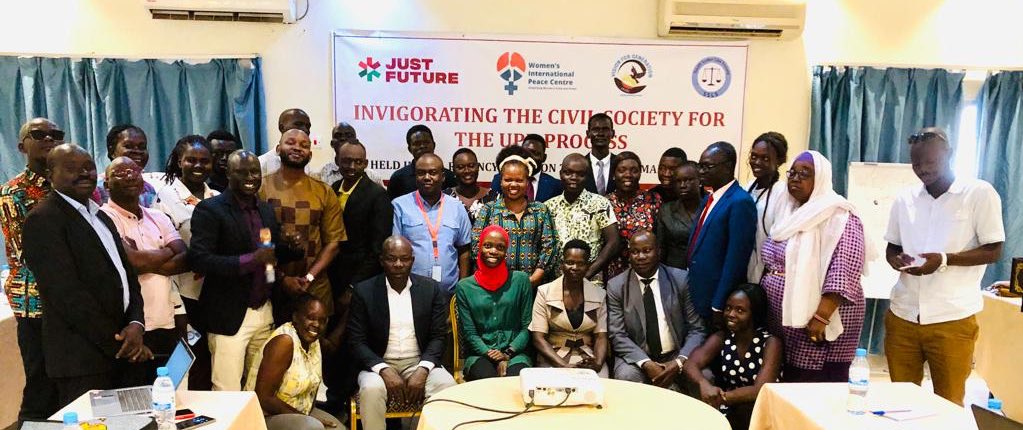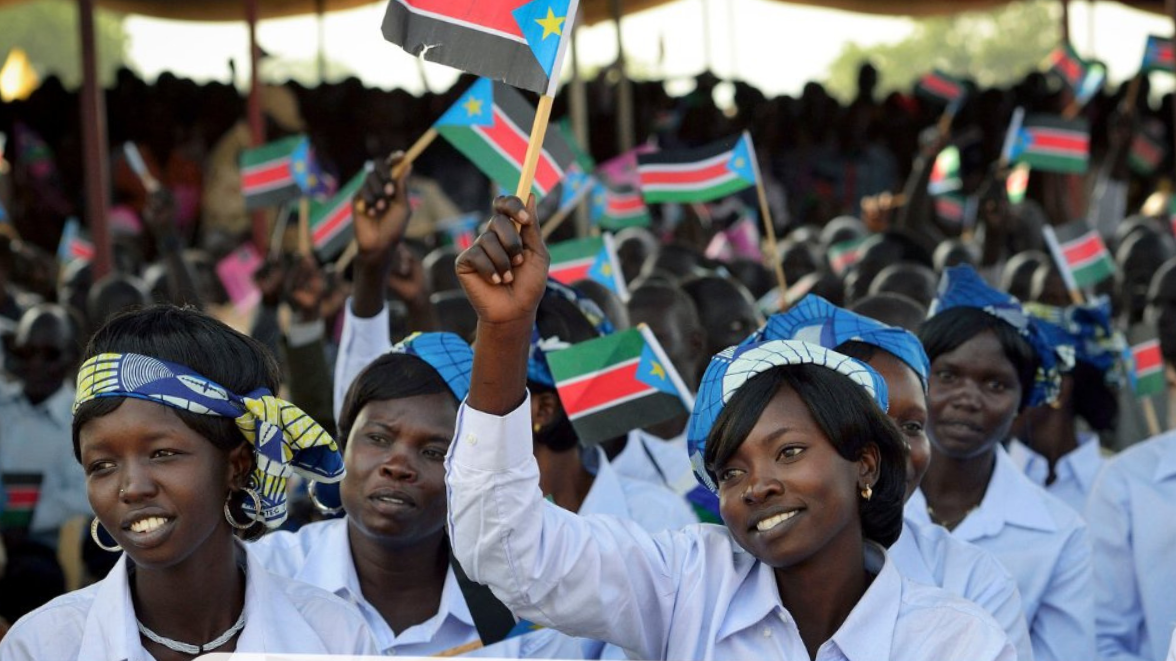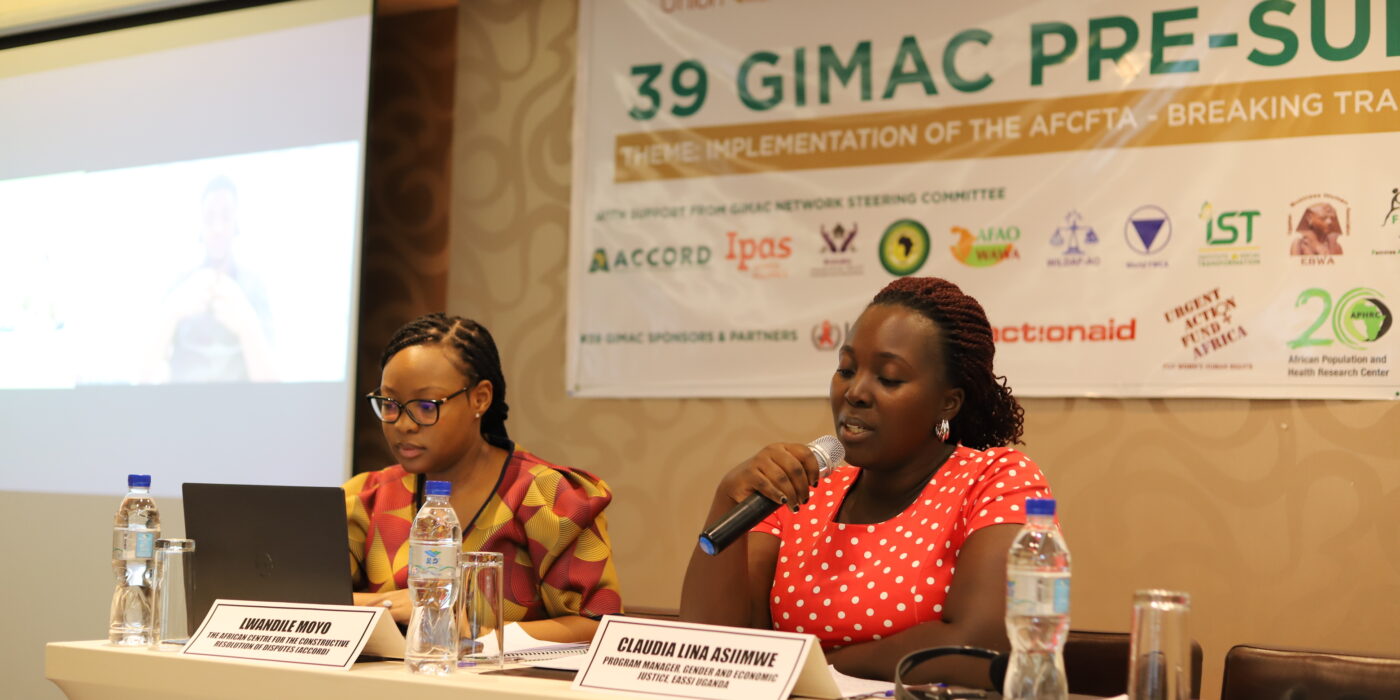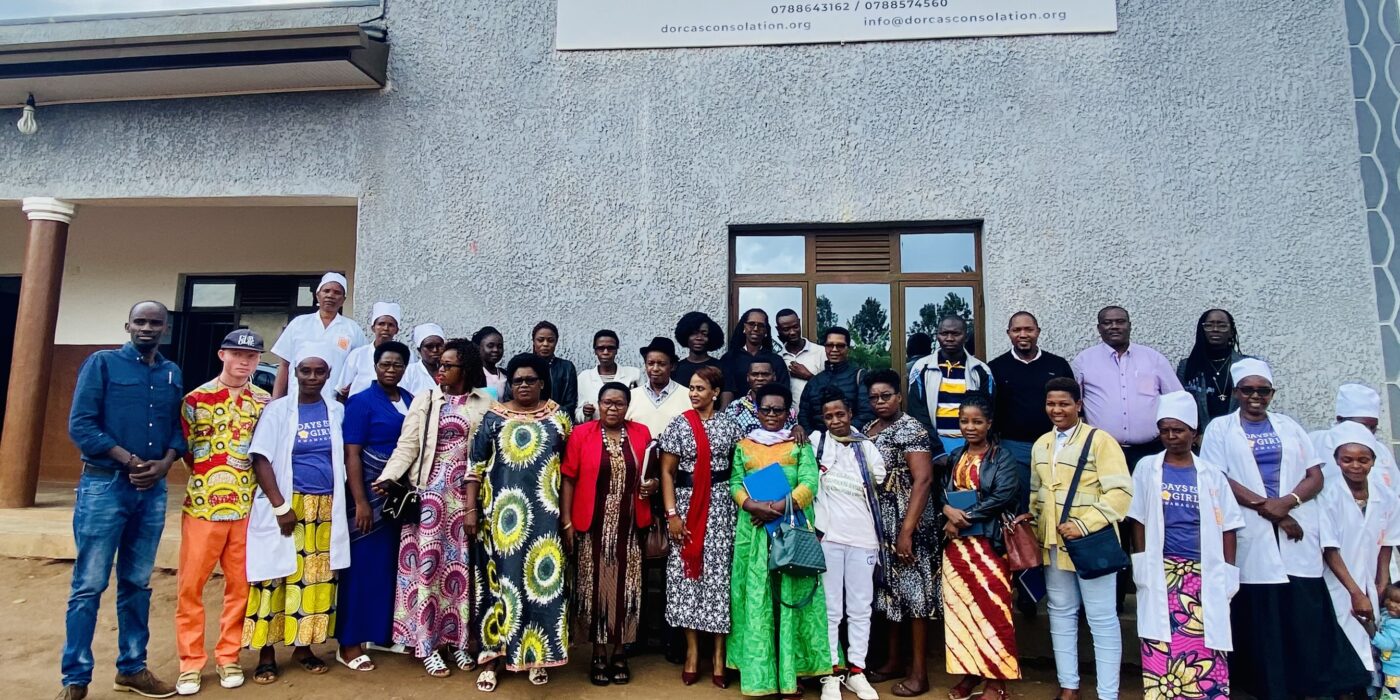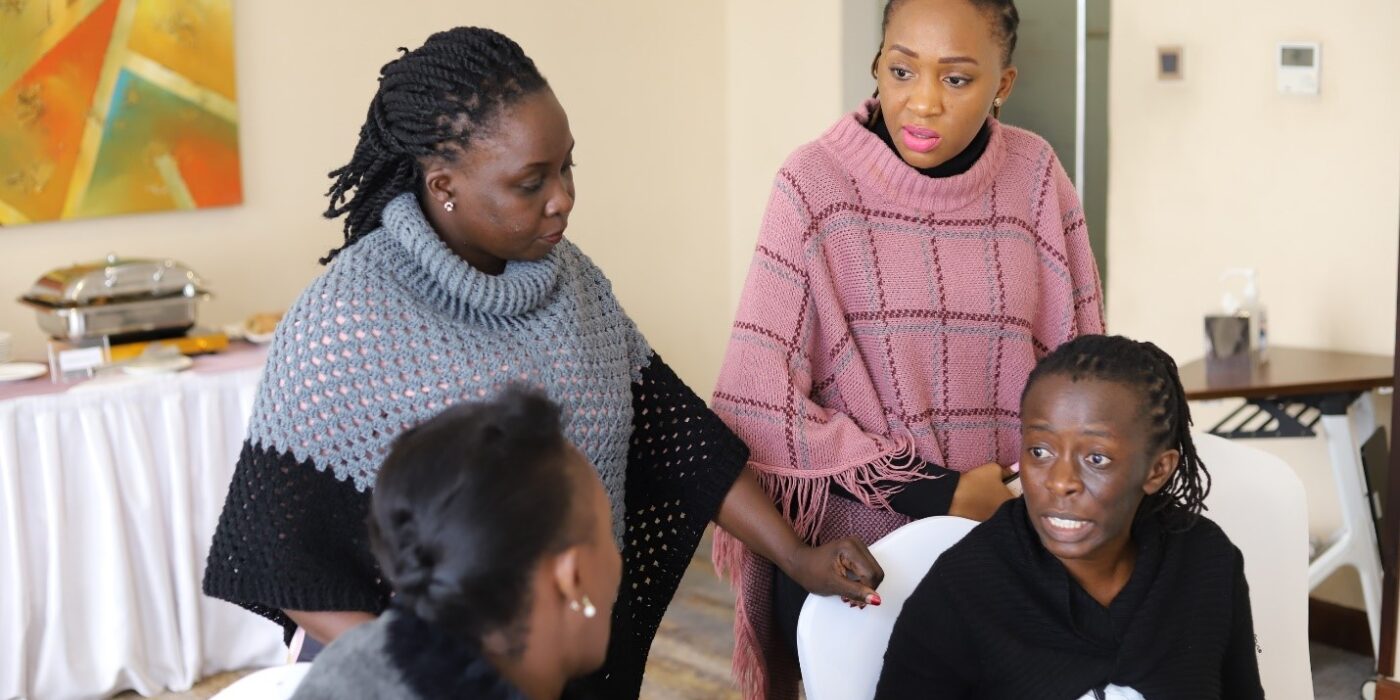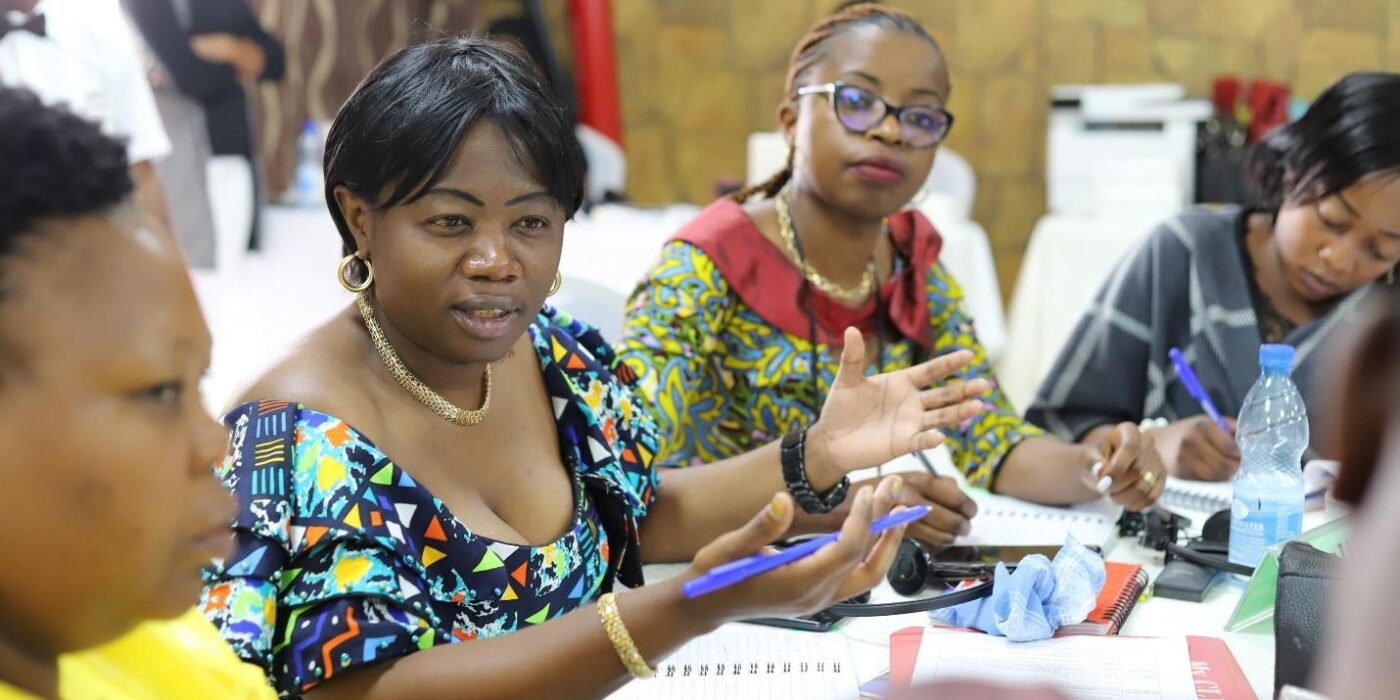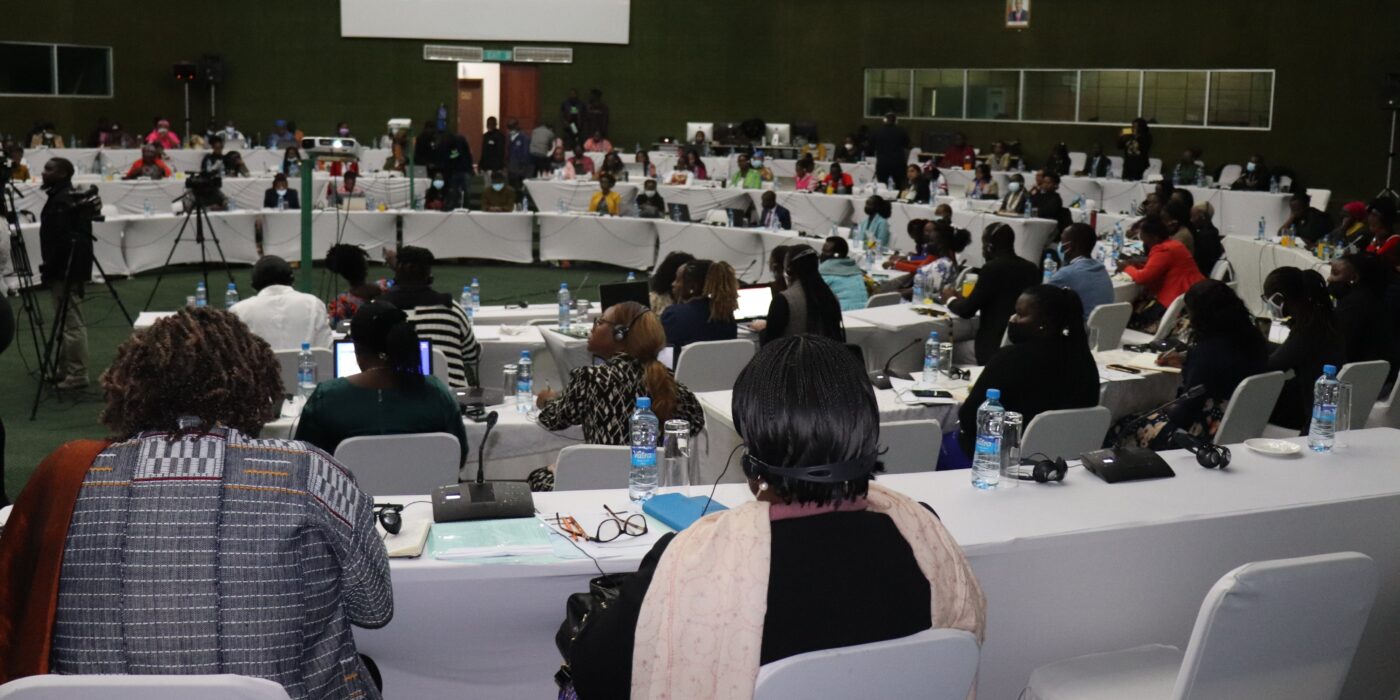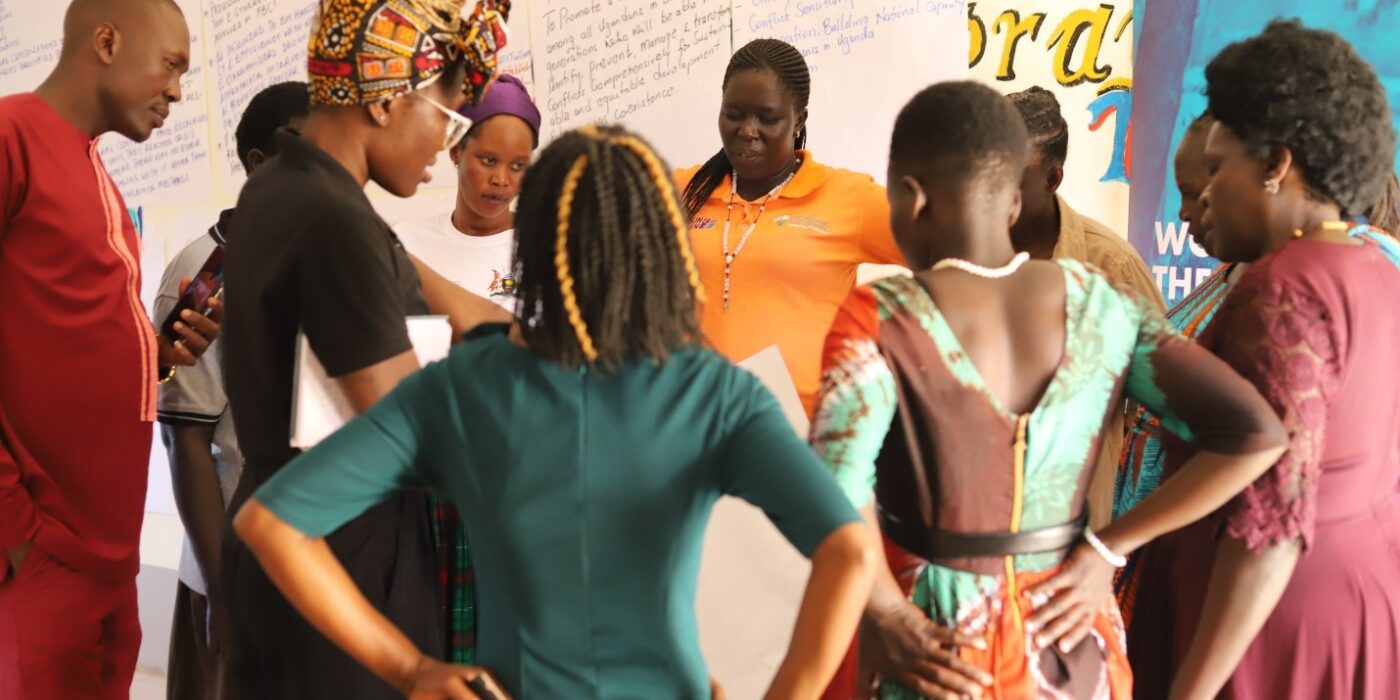Strengthening Civil Society Engagement on the implementation of the 2023 Universal Periodic Review(UPR) recommendations
The Universal Periodic Review (UPR) is a mechanism of the Human Rights Council (HRC) designed to prompt, support, and expand the promotion and protection of human rights in all countries.
South Sudan had its 3rd cycle of the review in January 2022 and recommendations of the outcome report were adopted in July 2022 by the Human Rights Council for implementation.
Recommendations of the report to be implemented included; activities linked to the Road Map for implementation of the Revitalised Agreement on the Resolution of the Conflict in the Republic of South Sudan, 2018 mainly focusing on Transitional Justice, judicial reforms, elections and accountability for conflict related sexual violence and sexual and gender based violence. However, implementation of these recommendations has been slow.
With this background therefore, the Peace Centre in partnership with CORDAID supported South Sudan Law Society and Vision for Generation Organisation in organising a two day workshop, attended by 42 people on strengthening civil society engagement in the Universal Review Process on 28th and 29th March, 2023 in Juba.
The meeting aimed at strengthening civil society engagement in the process of holding key actors accountable to the implementation of the UPR .It also created an opportunity for building strong networks, coalitions and partnerships among members that can make constructive engagement and advocacy for recommendations
Specific objectives were then to;- Develop a clear action plan for monitoring and influencing the implementation of the recommendations of the third cycle of the UPR; Strengthening coordination mechanisms for civil society engagement in the process as well as developing a clear plan for fundraising and coordination with Donors
From the meeting, participants identified key areas for advocacy and lobbying which included ; Review of the Election Act, Political Party Act, NGO Act and reforms such as ; Justice reforms, economic reforms and security sector reforms that need collective effort for them to be put in place
The meeting resulted in:
1) Prioritisation of implementation of UPR recommendations linked to the Road map for implementation of the Revitalized Agreement on the Resolution of the Conflict in South Sudan
2) Immediate actions for engagement in the UPR identified: (1) wider civil society briefing on the UPR recommendations for South Sudan, (2) Stakeholders briefing on the UPR recommendations for South Sudan at national and states levels, (3) Dialogue with Duty Bearers to follow-up on their commitments and first track progress.
3) Agreed coordination synergies between the UPR coalition and the Just Future Partners2 as CSPPS South Sudan Country Focal person will be the linkage between the UPR coalition and the Just Future Partners.
4) Clear Fund Raising Plan Developed: The workshop mapped key opportunities for fundraising; including the Just Future Partners, UNDP, UNMISS, LWF and formed a Team of Five members to meet these potential supporting partners to discuss the need for support for the immediate actions for the UPR engagement.

